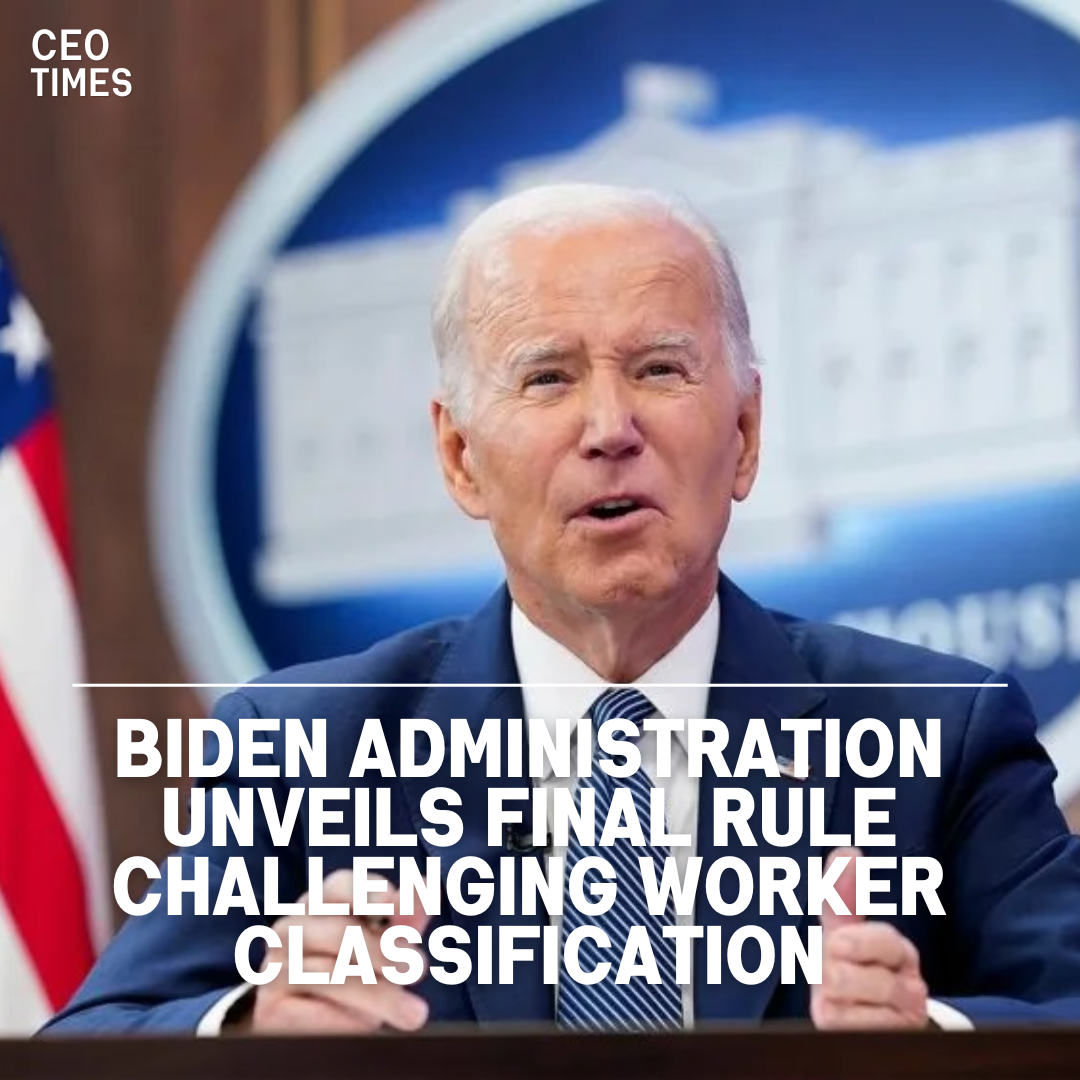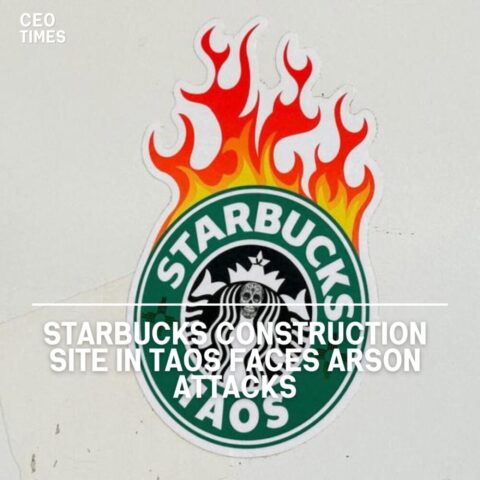This week, the Biden administration is poised to introduce a final rule that will redefine the distinction between independent contractors and employees.
Aimed at bolstering worker protections, the new rule by the U.S. Department of Labor targets instances where workers are “economically dependent” on companies, necessitating their recognition as employees entitled to enhanced benefits and legal safeguards.
Implications Across Industries:
Anticipated to come into effect later this year, the rule’s reach spans various industries, but its potential ramifications on app-based services reliant on contract workers have drawn significant attention.
Previous market reactions, evidenced by notable drops in shares of Uber Technologies, Lyft, and DoorDash when the draft rule was proposed in 2022, reflect the anticipated impact on these platforms.
Market Responses and Prospective Effects:
Recent market movements, however, indicate a more tempered response: DoorDash’s shares surged nearly 4%, Lyft’s saw a 5.8% gain, and Uber’s closed 2.5% higher. This contrasts with the initial downturn, signifying potential recalibration amid evolving expectations.
Industry voices, typified by Marc Freedman of the U.S. Chamber of Commerce, expressed concerns about the rule’s potential to curtail worker flexibility, impacting earnings opportunities and potentially affecting the broader economy negatively.
Rule’s Criteria and Departure from Prior Administration:
In contrast to the previous Trump-era regulation that allowed for more latitude in worker classification, the Biden administration’s rule adopts a more stringent standard, considering factors such as profit or loss opportunities, investment, permanency, employer control, and the work’s integral role in the employer’s business.
Expectations of legal challenges loom large, given the marked departure from the prior regulation.
The Biden administration argues that the former rule violated wage laws and was at odds with longstanding federal court precedents, aligning with worker advocates who assert the necessity of a stricter standard to address worker misclassification concerns.
Economic Impact and Industry Responses:
Estimates suggest significant variations in earnings between contractors and employees across sectors like trucking, construction, and healthcare.
Forecasts predict heightened labor costs for various sectors, raising concerns among business groups regarding the potential financial implications of this shift in policy.
Highlighting the prevalence of freelance work, a December survey by Upwork indicates that approximately 40% of U.S. workers, representing over 64 million individuals, engaged in freelance work over the past year.
This statistic underscores the breadth of the workforce potentially impacted by redefined classification standards.




















